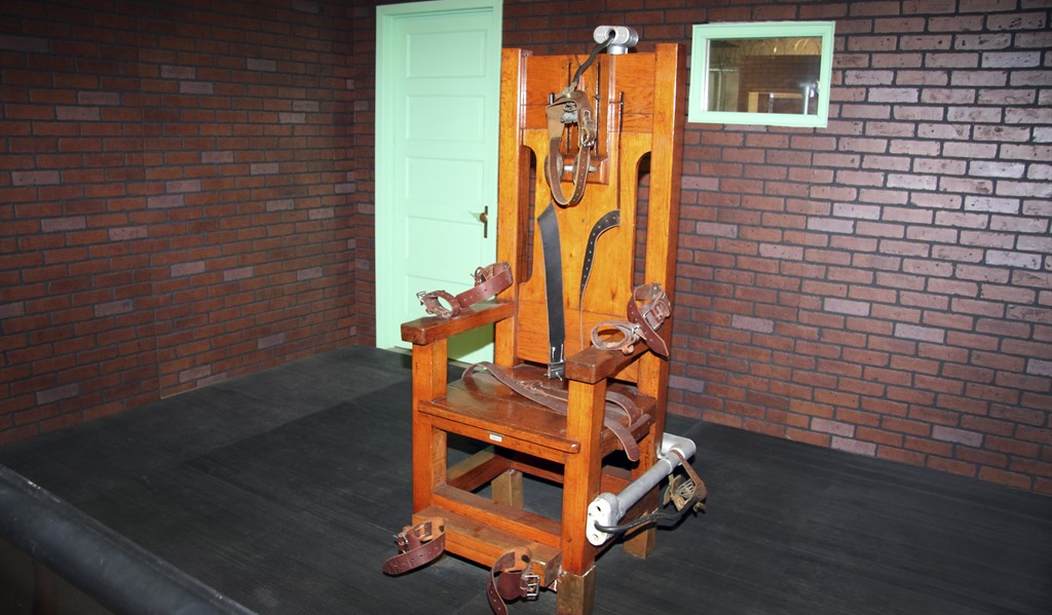On Wednesday, the South Carolina Supreme Court upheld the Palmetto State's death penalty law - allowing the use of methods including the electric chair, lethal injection - and a firing squad.
The South Carolina Supreme Court ruled Wednesday that the state’s death penalty, which now includes a firing squad as well as lethal injection and the electric chair, is legal.
All five justices agreed with at least part of the ruling, opening the door to restart executions in a state that hasn’t put an inmate to death since 2011. But two of the justices said they felt the firing squad was not a legal way to kill an inmate and one of them felt the electric chair is a cruel and unusual punishment.
The death penalty law is legal because instead of seeking to inflict pain, the choice between the three execution methods makes it appear that lawmakers are genuinely against inflicting pain and making the death penalty as humane as possible, Associate Justice John Few wrote in the majority opinion.
As of this writing, the last person executed by firing squad in the United States appears to have been Ronnie Lee Gardner, who was convicted of killing Melvyn John Otterstrom during a robbery attempt in Salt Lake City, and also for the murder of an attorney, Michael Burdell, while attempting to escape from the courthouse where he was on trial. Gardner was executed by a squad of five police officers with .30 caliber rifles, one of which was loaded with a non-lethal cartridge.
South Carolina has several inmates on Death Row awaiting a final decision as to their fate.
As many as eight inmates may be out of traditional appeals. It is unclear when executions could restart or whether lawyers for death row inmates can appeal the ruling.
South Carolina has executed 43 inmates since the death penalty was restarted in the US in 1976. Nearly all inmates have chosen lethal injection.
South Carolina, it seems, offers the prisoner the choice of lethal injection, firing squad, or a date with Old Sparky.
See Related: SICKENING: New Details Emerge on Ecuadorian Illegal Charged With Kidnapping, Raping 13-Year-Old NY Girl
Louisiana Set to Pass Bill Giving Judges Option to Order Surgical Castration for Sex Offenders
The death penalty has been the subject of debate going back decades. The Constitution, it should be noted, specifically allows for this ultimate penalty; the Fifth Amendment states in part:
...nor shall any person be subject for the same offence to be twice put in jeopardy of life or limb; nor shall be compelled in any criminal case to be a witness against himself, nor be deprived of life, liberty, or property, without due process of law...
So, with due process of law, a person can be deprived of liberty, property - or life.
But while the Constitution allows for the death penalty, the various states have widely ranging laws, and that is appropriate for a constitutional republic in which the primary source of criminal trial and punishment lies in municipal, county, or in some cases, state governments. The very real problem with capital punishment lies not in the constitutionality but in the administration of that ultimate punishment. It can be the task of many years, even decades, of appeals before an inmate may finally be executed by any means, raising the question as to whether the alternative of life imprisonment without the possibility of parole may be a better bargain for the taxpayer.
In any case, South Carolina's Supreme Court has now cleared the way for executions to begin again there.















Join the conversation as a VIP Member